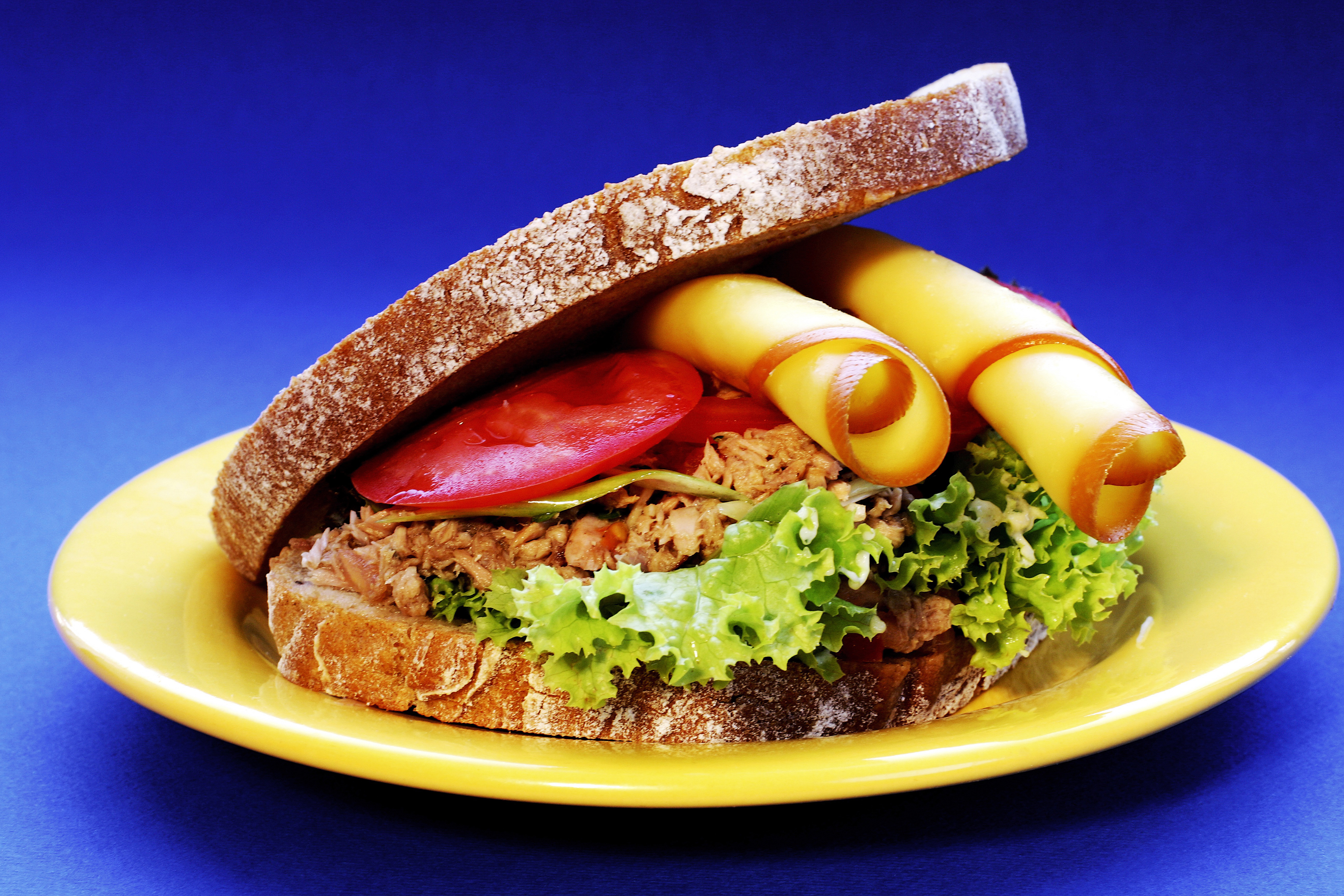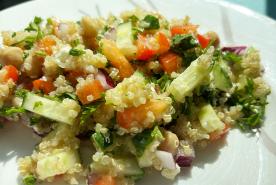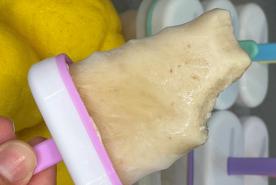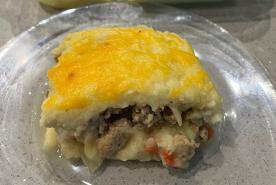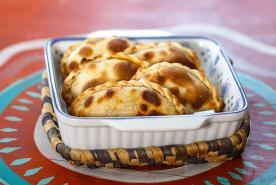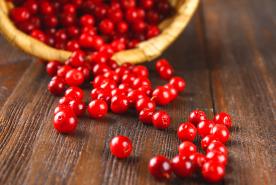Diseases and conditions Diet and nutrition Food and drink Diabetes Diet and meal planning Carbohydrates
June 16, 2017
By Dawn Berry, Registered Dietitian
If you have diabetes and are on dialysis, you may feel lost when it comes to your diet. About half of people on dialysis have diabetes. In fact, diabetes is the leading cause of kidney disease, so you are definitely not alone!
The first step in managing diabetes is balancing your carbohydrates. Carbohydrates (or “carbs”) are foods that turn into sugar when you digest them. Any carbohydrate food will raise your blood sugar. Complex carbohydrates raise sugar more slowly (it takes your body longer to digest and absorb these), while simple carbohydrates can raise your sugar level more quickly.
Along with more obvious sugars like candy and chocolate, many other foods contain carbs, like milk products, bread, cereal, fruit and some vegetables (corn and potatoes). Everyone needs some carbs, since the sugars they provide help power many body functions. If you have diabetes, your body can’t process a large amount of carbs at once. When you have diabetes and eat too many carbs at one time, the sugar that is not processed stays in your blood instead of being broken down. This can cause problems and damage organs throughout your body including your kidneys, eyes, feet and hands.
Portion control is the KEY! With proper portion control, you can enjoy a wide variety of foods, but still keep your dietitian happy, your body healthy, and your lab values under control.
When counting carbohydrates, remember that one slice of bread or ½ cup of pasta is counted as one serving of carbs. Generally, people need 3-4 servings of carbs at a meal and 1-2 servings for a snack (you will also want to add protein and a little fat to each meal and snack. To make up for the extra fiber you may be missing by avoiding whole grains, try eating low potassium fruits and vegetables with the skin on. Listed here are some examples of carbohydrate servings for meals and snacks. This list should only be used with the help of your dietitian to find an eating plan that meets your health needs and includes foods you like.
Example Carbohydrate Servings
1 serving = 15g carbs
Bread – 1 slice
Bread – 1 slice
Dry cereal (unsweetened)– ¾ cup
Hot cereal (oatmeal, grits, etc.) – ½ cup cooked
Pasta – ½ cup
Rice –1/3 cup
Corn – ½ cup
Apple, peach, pear – 1 small
Canned fruit (unsweetened) – ½ cup
Apple or pineapple juice – ½ cup
Hot cereal (oatmeal, grits, etc.) – ½ cup cooked
Pasta – ½ cup
Rice –1/3 cup
Corn – ½ cup
Apple, peach, pear – 1 small
Canned fruit (unsweetened) – ½ cup
Apple or pineapple juice – ½ cup
